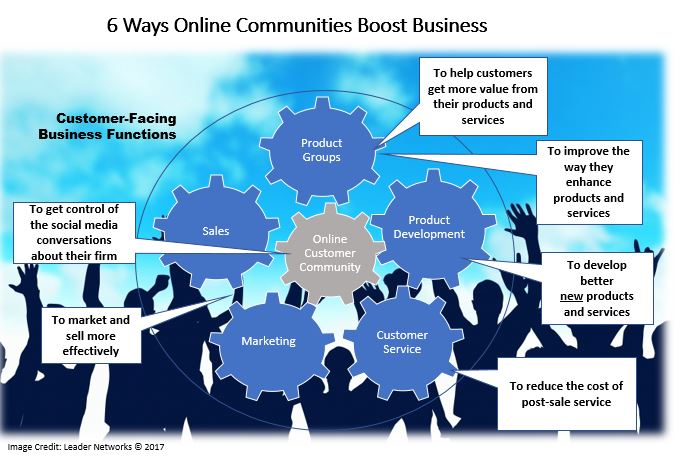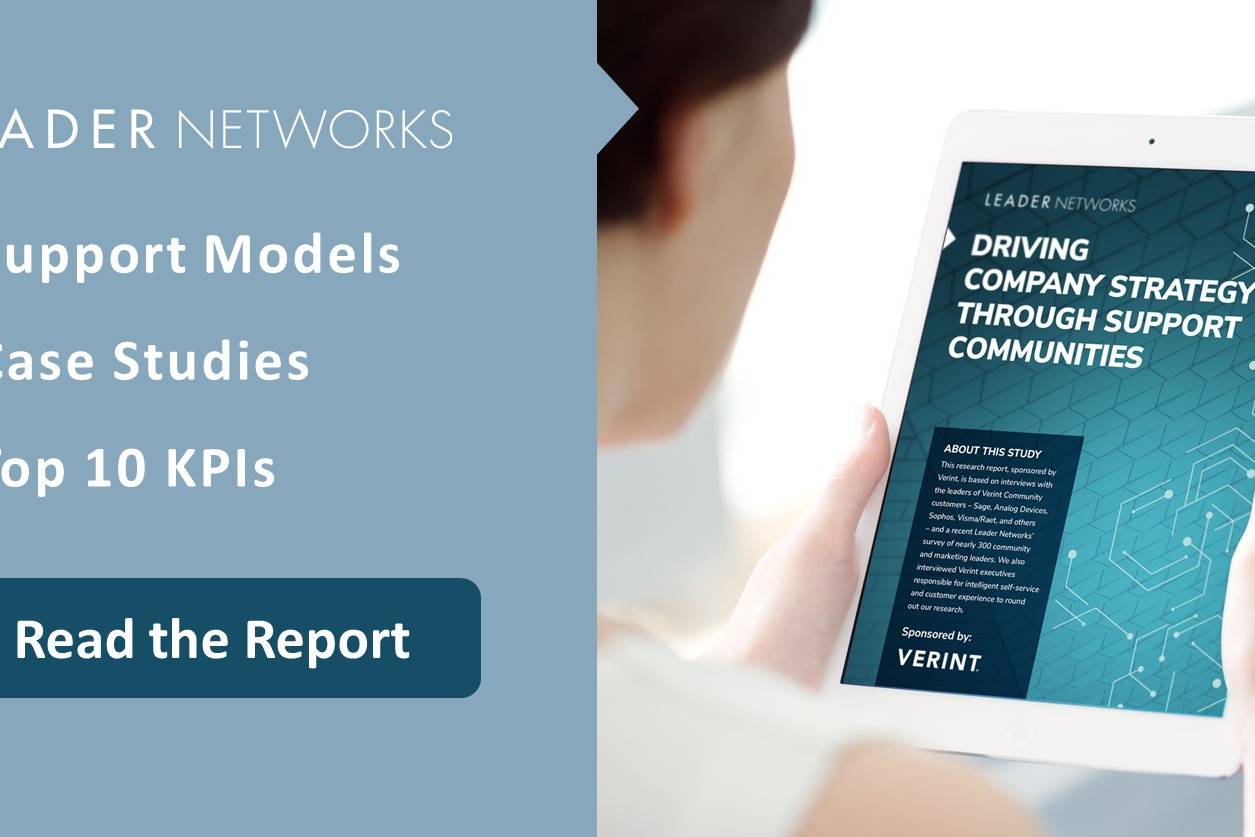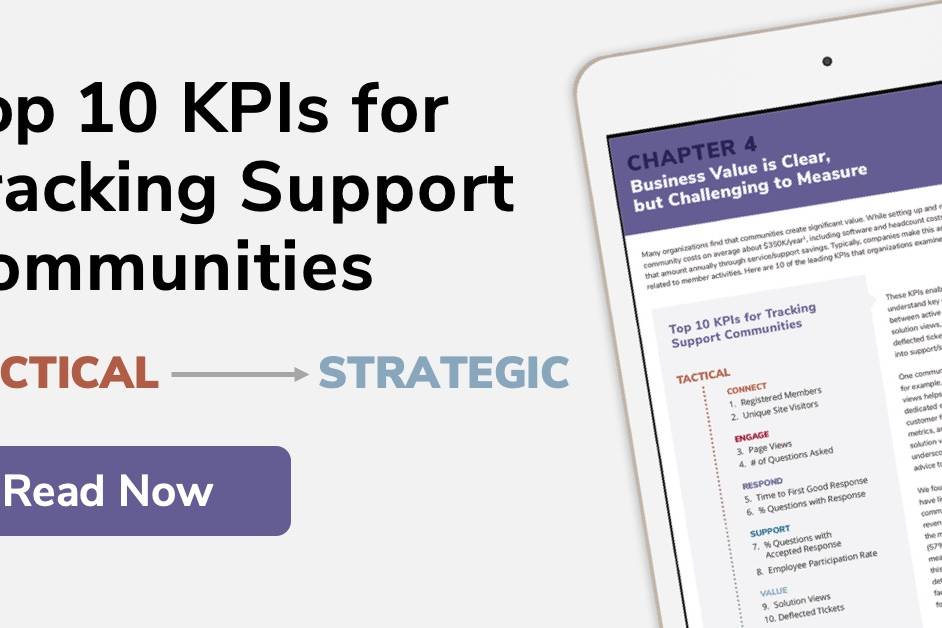Warning: Attempt to read property "base" on array in /home3/trusten9/public_html/leadernetworks/wp-content/plugins/wp-user-profile-avatar/shortcodes/wp-user-profile-avatar-shortcodes.php on line 665
Warning: Attempt to read property "base" on array in /home3/trusten9/public_html/leadernetworks/wp-content/plugins/wp-user-profile-avatar/shortcodes/wp-user-profile-avatar-shortcodes.php on line 665
Warning: Attempt to read property "base" on array in /home3/trusten9/public_html/leadernetworks/wp-content/plugins/wp-user-profile-avatar/shortcodes/wp-user-profile-avatar-shortcodes.php on line 665
Warning: Attempt to read property "base" on array in /home3/trusten9/public_html/leadernetworks/wp-content/plugins/wp-user-profile-avatar/shortcodes/wp-user-profile-avatar-shortcodes.php on line 665




[…] Vía Team Building https://www.leadernetworks.com/2017/10/6-ways-online-communities-boost-business.html […]